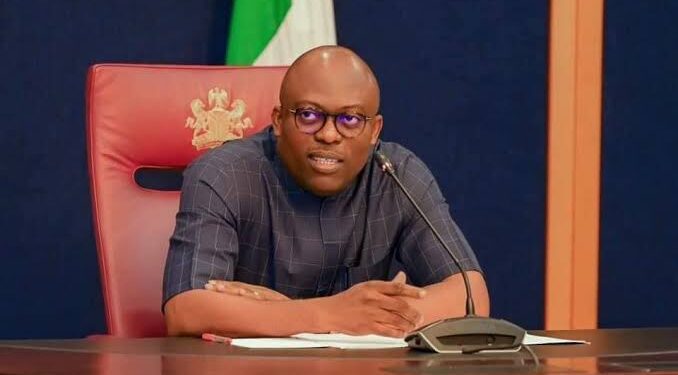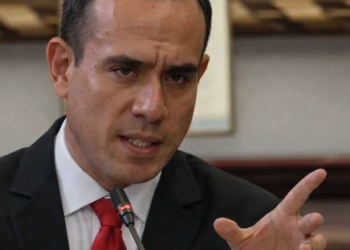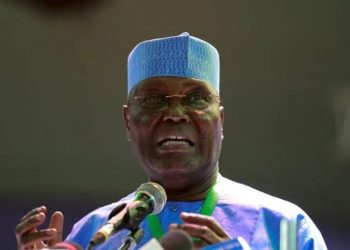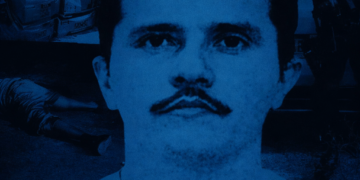Governor Siminalayi Fubara has shared his perspective on the ongoing conflict with former Governor Nyesom Wike, which has sparked a recent crisis in Rivers State. According to Fubara, the core issue stems from a power struggle.
He acknowledged that the tension between the two leaders began shortly after he assumed office in 2023, driven by the battle for control of the state. Fubara pointed to this as the reason why “properly elected” local government chairmen were being blocked from entering the secretariats to begin their duties, despite being sworn in. He made these remarks during an appearance on Channels TV Politics Today.
Hidden Agendas Beyond Power Struggles?
While Fubara focused on power and control as the root of the conflict, his statements hint at deeper, possibly unspoken agendas. He alluded to certain “understandings” that despite the ongoing faceoff he continues to keep. “I don’t think there is any understanding we had that I haven’t kept,” he emphasized. “There is no understanding that we had that I haven’t kept. Like I said, I wouldn’t want to discuss those issues.”

This cryptic statement suggests that the conflict may involve more than just political rivalry, leaving room for speculation about hidden motives or agreements not publicly disclosed.
Concerns Over Tinubu’s Intervention
Governor Fubara also expressed concern about President Bola Tinubu’s intervention in the crisis. While he welcomed the President’s involvement, he questioned why only his name was mentioned in the course of the mediation. “I don’t have any issue with the President’s intervention. But I am a bit concerned when only my name was mentioned,” Fubara said, adding, “Since it is coming from the President, I have no comments about it.”
Fubara went on to say, “This issue is simple. It is as simple as ABC. Everyone in Nigeria and Rivers knows where this issue is coming from. It is not rocket science. The issue is not Fubara.”
The Bigger Picture: What’s at Stake?
The ongoing conflict between Governor Fubara and Wike underscores the complexities of Nigerian politics, where the struggle for power often reveals deeper, more mysterious forces at play. The key question remains: what is missing in this puzzle? Why is Wike so insistent on maintaining his influence over Rivers State, even while holding a significant position as the Minister of the Federal Capital Territory (FCT)?
Is this simply a case of a political godfather refusing to relinquish control, or could there be other factors at play, perhaps involving the control of state resources? The answers may lie in the intricacies of power and loyalty in Nigerian politics, where the lines between personal ambition and governance often blur.

















